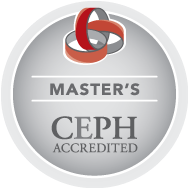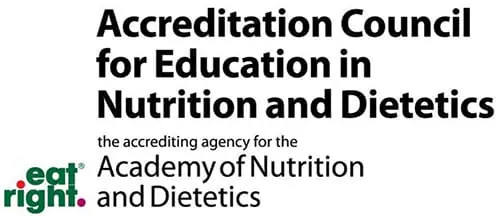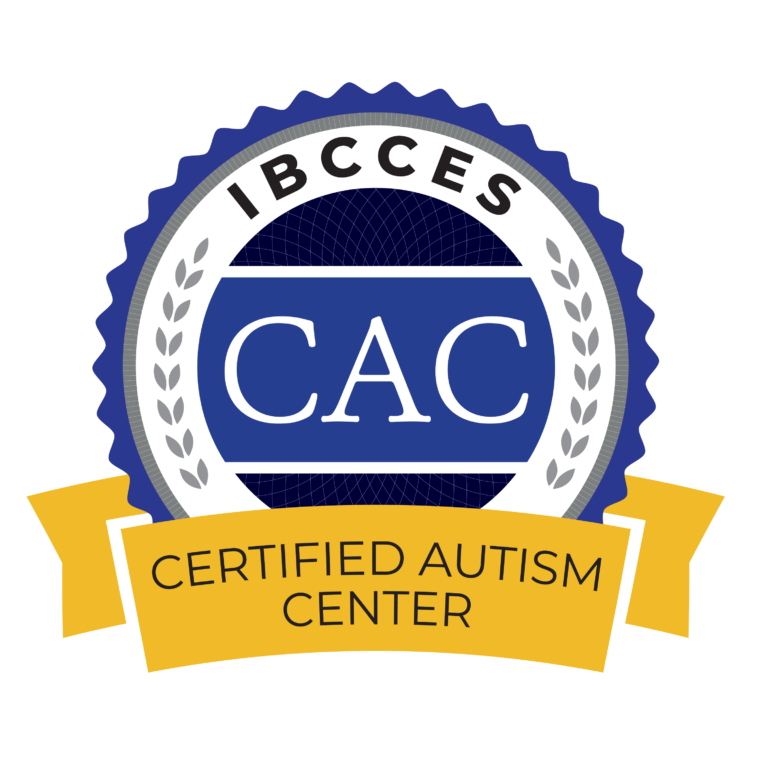About Benedictine University Online

Exceptional Online Courses. Empowering Learning Experiences.
Benedictine University is committed to delivering high-quality curricula and experiences that facilitate success. As an online student, you’ll join a community of professionals ready to pursue their passions and change the world. Our instructional designers incorporate the latest learning technologies and content into each course to provide education that aligns with dynamic industry trends.

Why Choose Benedictine University Online?
Propelled by a spirit of innovation, we prepare our students to become active, informed and responsible citizens and leaders for a lifetime. Throughout your educational experience, you’ll benefit from personal attention and support while engaging in coursework that sets up professional success. Here, your classroom experience is just the beginning, as you’ll be a valued member of our community long after graduation.
Request More Information
Complete this form to receive information about coursework, admissions, tuition and more.
Accolades and Recognition
Benedictine University is proud of the numerous accolades we have received during our storied history. The following recognition reflects our commitment to the highest standards of educational quality, our mission as a Catholic university and, most of all, our students.
#10: Best Accelerated Online Master’s Degree Programs of 2025 by Intelligent.com1
#57: Best Regional Universities Midwest by U.S. News & World Report2
#27: Best Colleges for Veterans by U.S. News & World Report2
#30: Top Performers for Mobility by U.S. News & World Report2
#201: Best Schools of Public Health by U.S. News & World Report3
Military Friendly® School4
Benedictine University Fast Facts
- Established in 1887
- 44,000+ alumni worldwide
- 42 major programs
- 11:1 student-to-faculty ratio
- 19 NCAA intercollegiate sport programs
- 70% of our graduates are working or in graduate school
Accreditation and Approvals
The nursing programs at Benedictine University is accredited by the Commission on Collegiate Nursing Education.
Not displayed in slider: Higher Learning Commission
Our Vision and Education Hallmarks
Benedictine University aspires to be a thought leader in Catholic higher education. We provide transformative and integrative educational experiences grounded in Benedictine values, helping students lead lives of meaning and purpose as engaged citizens who care for the Earth, welcome people of diverse faiths and cultures and promote the common good.
Benedictine University cultivates virtues of intellect and character by embracing hallmarks of the Rule of St. Benedict:

Our History and Mission
The monks of St. Procopius Abbey established the roots of Benedictine University in Illinois in 1887. They have been active sponsors of the institution throughout its history, first as St. Procopius College, later as Illinois Benedictine College and today as Benedictine University. The university cultivates virtues of intellect and character, encouraging people to engage ideas from many people, cultures and disciplines.
Benedictine University is an inclusive academic community dedicated to teaching and learning, scholarship and service, truth and justice, as inspired by the Catholic intellectual tradition, the social teaching of the Church and the principles of wisdom in the Rule of St. Benedict.
Sources
- Intelligent.com. “Best Accelerated Master’s Degree Programs of 2025.” Retrieved February 11, 2025, from https://www.intelligent.com/best-online-degrees/accelerated-masters/.
- U.S. News & World Report. “Benedictine University Rankings.” Retrieved February 11, 2025, from https://www.usnews.com/best-colleges/benedictine-university-1767/overall-rankings.
- U.S. News & World Report. “Best Public Health Schools.” Retrieved February 11, 2025, from https://www.usnews.com/best-graduate-schools/top-health-schools/public-health-rankings.
- Military Friendly®. “Benedictine University.” Retrieved February 11, 2025, from https://www.militaryfriendly.com/2024-2025-school-profile/benedictine-university-is-military-friendly/.






